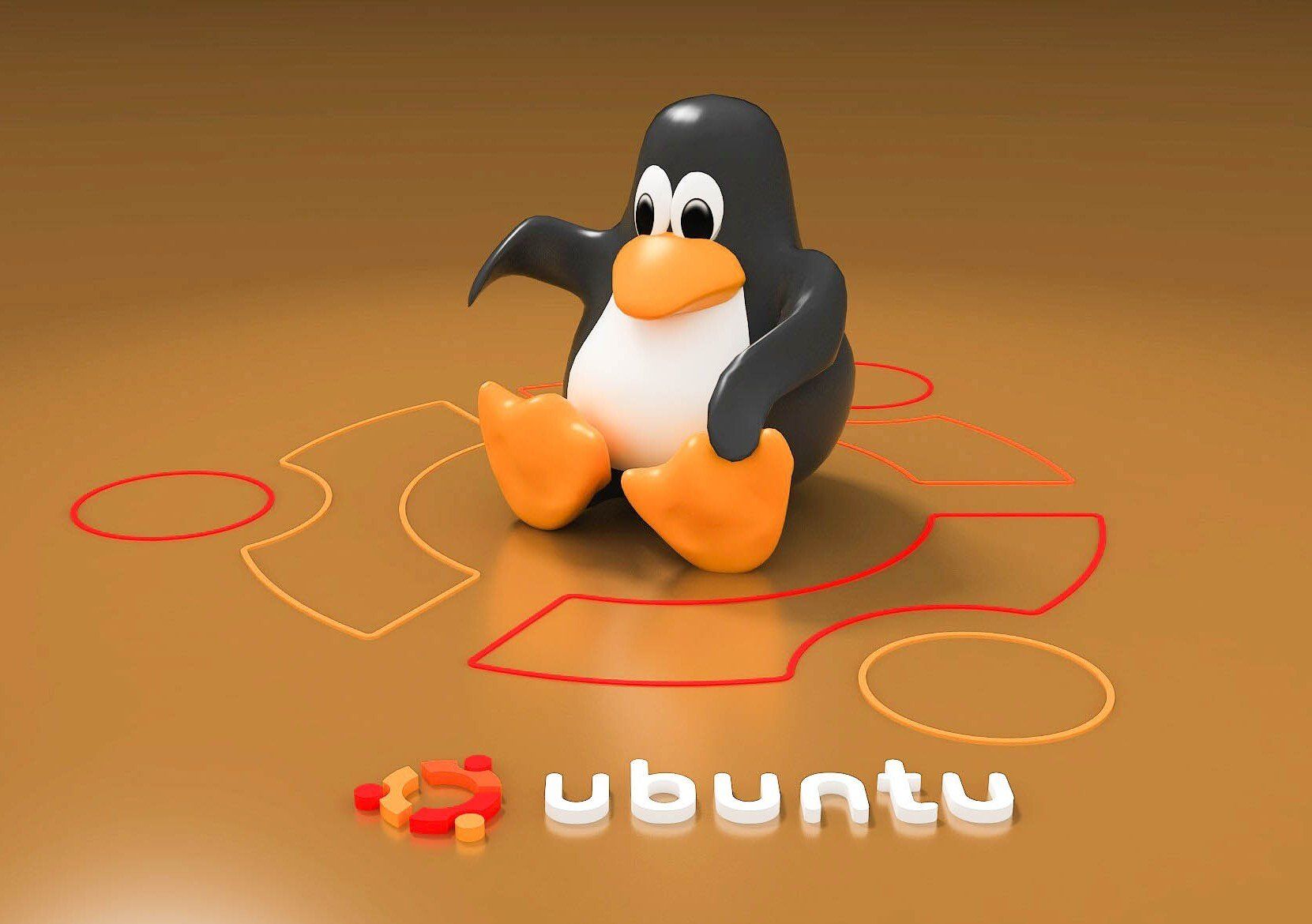We have set out to
test the Ubuntu operating system, based on Linux, a little fed up with the continuous mandatory updates at the worst times
and attracted by the security offered by an s.o. that hardly has a virus because it is less widespread among the average user.
Nor do we like that some s.o. start to look like more Christmas trees with offers, advertising, news that we have not requested and things like that. We haven't asked for them, why do we have to find it before we see anything useful? Why do we flood advertising? It seems more important, newcomer to a new s.o., to know how, for example, to install a printer.
Everything, or almost everything, is configurable in a s.o., but having to review the new configuration each update makes us tiring.
Updates should be optional, not mandatory, and justified, explaining the reason for the update.
Also for the doubt of trying a new system, since Windows has been with us for many years and we have affection for it. About MacOs, they say that it works like a charm, that once tested you will not use any other operating system again, but this range is beyond our budget, so it was not our option either. We were wondering,
is there an alternative beyond Windows and MacOs?
And so, we began to look if there are really possibilities in Linux, for an ordinary user, or Linux is still the prerogative of the geeks with glass-ass glasses.
Studying the alternative options a bit,
we decided on Ubuntu (which is based on Linux)
for several reasons:
- it is a free and open source operating system.
- It is a
graphical folder environment similar in operation
to Windows.
- there is a
lot of information and manuals for any situation.
- there are
many programs, even free ones, that
should cover the needs of an average user.
- it is
light and works well on computers not very equipped with RAM and hard disk.
-
viewing photos of the s.o. It looked nice and they said it was fine, so we decided.
Prior to the process of switching to Ubuntu, we made a backup on an external hard drive, in case I had to reinstall the s.o. initial if you are not satisfied with the experience,
as well as a copy of the important files that you were going to use in the new operating system.
Initially we try to install Ubuntu as the second operating system on the computer so as not to leave the Windows "comfort" zone definitively,
but it turns out that you can have Windows and Linux on the same computer,
as long as you install Linux first and only later Windows.
Well, nothing, we assume that we have to eliminate the creation of Microsoft to be able to test this new s.o .:
we enter ubuntu.com and download the Ubuntu Desktop operating system; it weighs only 2.7 Gb and we carefully
read the installation instructions, create an installation USB stick, which is on the same download page on the web.
Ok, we have it, with the magic usb pin done, we turn on the computer and before finally formatting the hard drive with our precious Windows,
it offers us to try Ubuntu directly from the pin without installing anything on the computer, it seems magic but Ubuntu works perfectly ( although a bit slow) from a USB stick with your Office, Mozilla and other programs, in Spanish, without making any changes to the current computer.
We tested, and definitely agreed to install the system on our hard drive.
In a very short time and without any complications
we can get the medal of: "I have installed a Linux and I have not died trying."
Perfect, everything has been installed correctly, mouse, sound etc. We have a desktop with beautiful and modern icons and menus, a bit strange to have the main bar on the left, and not at the bottom, but it is easy to put it where we are used to (entering Settings / Appearance). The rest
looks
much more like Android on our mobile than Windows, at the top right, network, battery and sound indicators and a drop-down menu that will take us to the configuration menu, turn off and etc. (like the Windows Start button). At the bottom left is the now familiar dotted square, which leads to the Applications menu.


















